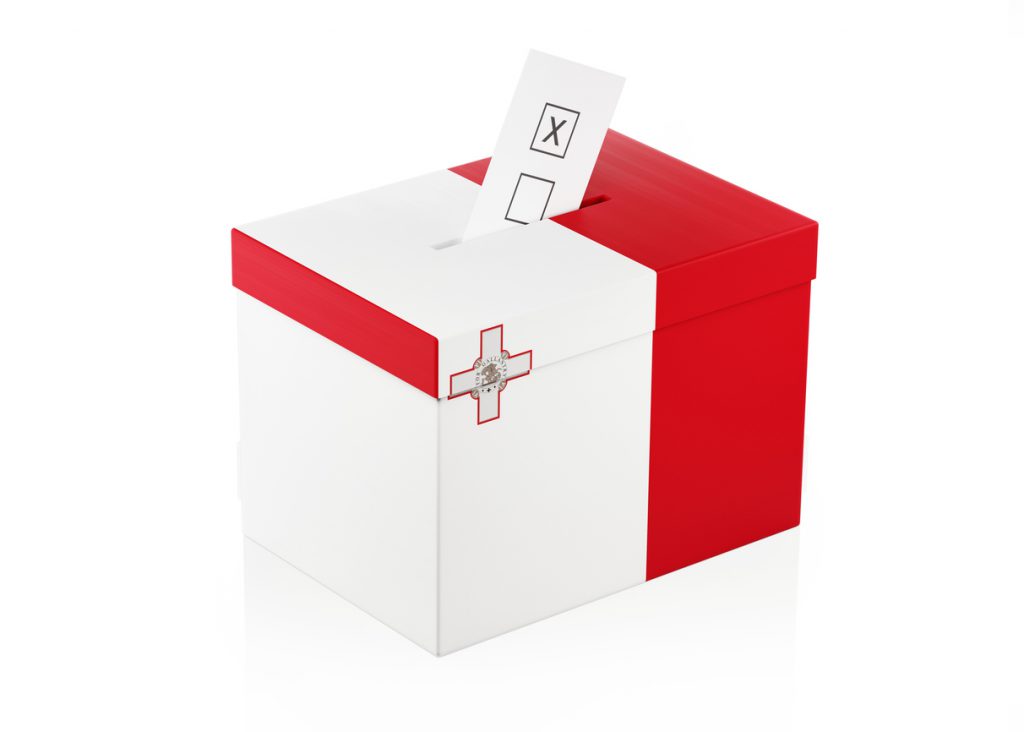Elections do not absolve criminal conduct

In the lead-up to the June 8 MEP and local council elections in Malta, it is crucial to delve deeper into the essence of democracy and the responsibilities it entails. While casting a vote is often seen as a fundamental civic duty, its implications stretch far beyond the mere act of marking a ballot. Rather, it represents a solemn pact between citizens and their chosen representatives, a pact rooted in principles of transparency, accountability, and justice.
At the heart of this democratic process lies the recognition that power must be wielded responsibly and that those who hold positions of authority must be held to the highest standards of conduct. However, in recent times, there has been a troubling tendency to conflate the electoral arena with a court of law, where individuals or entities seek absolution for their transgressions through the ballot box.
This misconception not only undermines the integrity of our electoral system but also erodes the very foundations of democracy. Elections are not trials; they are opportunities for citizens to shape the future of their nation through the selection of leaders who will govern with integrity and foresight. To treat elections as a means of exoneration is to distort their true purpose and to betray the trust placed in the democratic process.
Moreover, such a mindset harkens back to darker chapters in history when justice was often perverted by the interests of the powerful. The analogy to Pontius Pilate’s fateful decision, wherein the fate of Jesus was left to the whims of the crowd, serves as a stark reminder of the dangers of allowing political allegiance to supersede principles of fairness and accountability.
In Malta, as in any democratic society, the sanctity of our electoral process depends on the informed and conscientious participation of its citizens. This entails not only casting a vote but also critically evaluating the platforms and track records of candidates, holding them to account for their actions and decisions.
Blind loyalty to any party or individual undermines the very essence of democracy, transforming the electoral process into a mere spectacle of partisan fervour. Instead, citizens must approach the ballot box with a sense of responsibility and discernment, recognizing that their votes carry immense weight and can shape the course of their nation for years to come.
As we prepare to exercise our democratic rights on June 8, let us do so with a firm commitment to upholding the principles of accountability, transparency, and justice. Let us reject the notion that elections serve as a form of absolution and instead embrace them as a means of holding our leaders to the highest standards of integrity and ethical conduct. Only then can we truly fulfill the promise of democracy and ensure a brighter future for generations to come.
